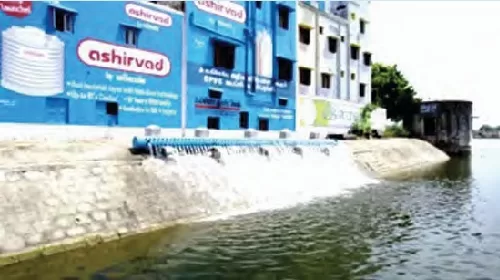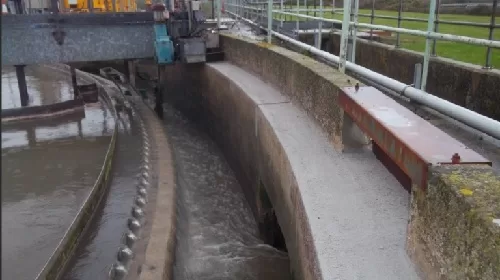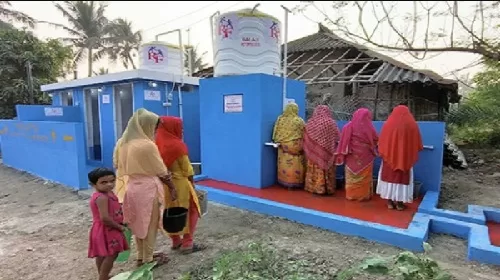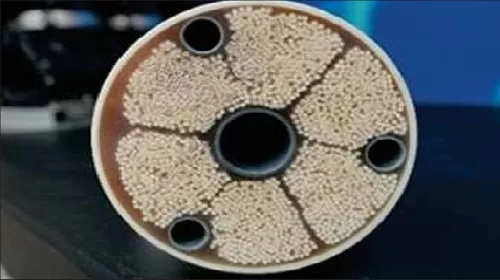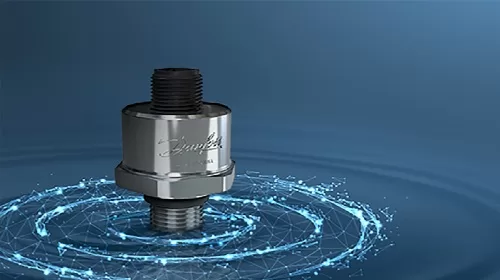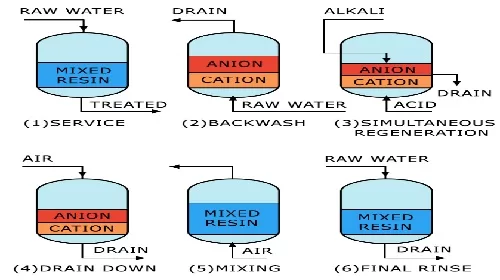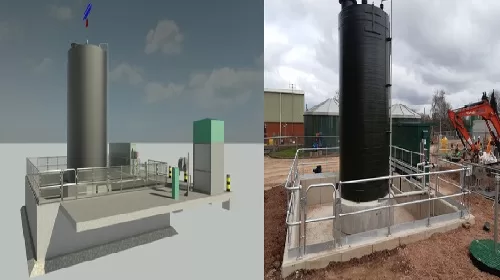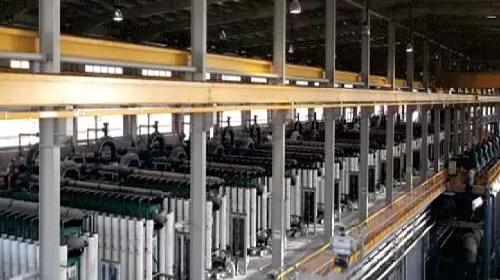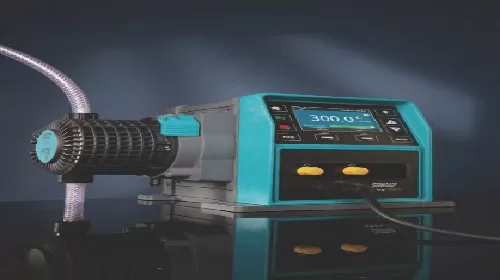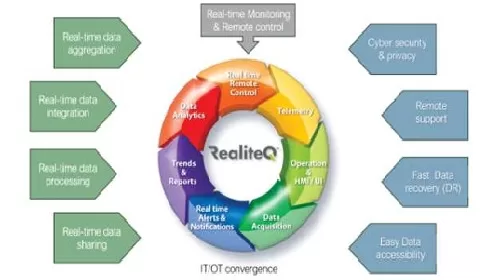Abstract The water need of Chennai Metropolitan Water Supply and Sewerage Board (CMWSSB) to fully serve the said area by 2026 is 2248 million liters per day (MLD) whereas the maximum potential from surface water, ground water and sea water desalination (SWRO of 200 MLD) is only 1954 MLD. The cost of SWRO water is about Rs 55 per Kiloliter (Kl) whereas the tariff for public is just about Rs. 5 per Kl by Government subsidy which cannot be sustained for long. Out of 1810 MLD, 837 MLD is from…
Read MoreDay: January 27, 2025
Grey water management and natural purification processes
INTRODUCTION Grey water refers to the wastewater generated from domestic activities, including water from bathrooms, kitchens, and laundry. While it is typically contaminated, it is not as hazardous as black water (from toilets). In areas with high population density, such as the Lower Ganges Basin and other river basins, managing grey water presents a significant challenge. This article discusses the natural purification and settlement processes of grey water that exist within local ecosystems. The primary contaminants found in grey water include: Detergents and Surfactants: From laundry and dishwashing soaps, these…
Read MoreEnhancing water security in rural India
The water scenario in rural India India’s development and self-reliance is dependent upon water security. At present, India ranks 2 in water consumption and 132 in water availability per capita. Although rural India comprises 66 percent of the country’s population, it accounts for approximately 80 percent of the nation’s total water usage, for agricultural purposes. The water availability in any region is dependent on natural factors like rainfall, river systems, hydro- meteorological and geological conditions, however, water availability per person is dependent on the population of a country. The per…
Read MoreHow innovative microbial formulations can enhance ultrafiltration membrane longevity
From the past few years, the significance of ultrafiltration membrane technology in wastewater treatment has grown a lot. It is universal and is able to produce high-quality treated water, making it a key component in modern wastewater treatment processes. However, due to various factors there are concerns that must be taken into consideration before incorporating it into the wastewater treatment. In this article, we will explore the importance of UF membrane technology, address the cost concerns, and introduce innovative solutions to enhance the longevity of this membrane technology. Let’s first…
Read MoreTransforming urban landscapes with digital water solutions and revolutionizing smart cities
The concept of smart cities is rapidly gaining momentum as urbanization continues to increase and water demand rises. The integration of digital technologies and innovative strategies has become imperative in efficiently managing water resources in urban environments. The amalgamation of cutting-edge technologies, innovative strategies, and the concept of Smart Cities is revolutionizing the way water within these densely populated environments is perceived, managed, and utilized. As cities continue to evolve, the integration of advanced technologies and data-driven strategies becomes pivotal in safeguarding the future of urban water resources. Embracing these…
Read MoreRegenerated resins for a greener future
As populations surge and industries expand, the demand for clean water is reaching unprecedented levels. However, the conventional approach in the industry, relying on single-use ion exchange resins, carries a substantial environmental cost. In the current linear model, significant quantities of virgin resources are consumed, greenhouse gases are emitted, and landfills bear the weight of discarded resins. However, with resin regeneration, there is potential for a more sustainable way forward. Resins revitalized – a greener horizon Resin regeneration is the process of rejuvenating exhausted water treatment resins, extending their lifespan,…
Read MoreMott Macdonald Bentley standardizes phosphorous removal schemes, delivering infrastructure and intelligence benefits to the U.K. water industry
ProjectWise Component Center Helps Facilitate Repeatable Workflows to Save More Than GBP 3.7 Million Supporting Environmental Sustainability. Meeting stringent requirements for phosphorous removal The United Kingdom water industry’s Asset Management Plan 7 (AMP 7) includes a heightened priority for improving water quality schemes. In particular, it focused on reducing the amount of phosphorous released into watercourses, which are natural or artificial channels where water flows. Originating from a range of sources, including wastewater discharge and water main leakages, high levels of phosphorous yields extensive algae growth, posing a significant threat…
Read MoreAchieving consistent low energy consumption in sea water RO based desalination plants using Lowatt® technology
Abstract Biofouling remains the single most important factor that increases energy consumption as time progresses in the operation of the Reverse Osmosis (RO) membrane system. One of the challenges with plant operation is that once a plant has been designed for certain energy consumption, it does not remain steady over a period. This is mainly due to biofouling and the inability to clean the membrane efficiently. In an effort to maintain healthy operational efficiency in terms of water production and energy consumption, differential pressure across the membranes should remain constant…
Read MoreQdos CWT chemical metering pump doses chlorine without fail for over 15,000 hours at Ergon INC.
• A Qdos CWT (Conveying Wave Technology™) chemical metering pump is dosing chlorine at Ergon – West Virginia Inc.’s crude oil refinery in Newell • Ergon has switched to Qdos CWT for its reliability and longer life to dose chlorine • Diaphragm pumps lasted eight to ten months on average for Ergon, but the Qdos CWT had a life of more than 21 months (equivalent to 15,000 hours) A Qdos CWT (Conveying Wave Technology™) chemical metering pump ran for over 21 months dosing chlorine at Ergon – West Virginia Inc.’s…
Read MoreDigital transformation in water utility
Background: Many water utilities around the world have been suffering for years from underinvestment, alongside significant deterioration of the water system due to aging infrastructure and inadequate maintenance. Today, water utilities face additional challenges, such as increased water consumption coupled with a decrease in water sources due to extreme climatic events, pollution, and inefficient management of existing systems. Additionally, there is a need to enhance control and monitoring of all water systems to ensure a continuous supply of safe drinking water to the entire population. This challenge is even greater…
Read More

